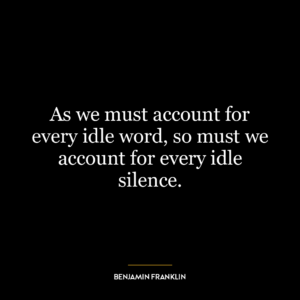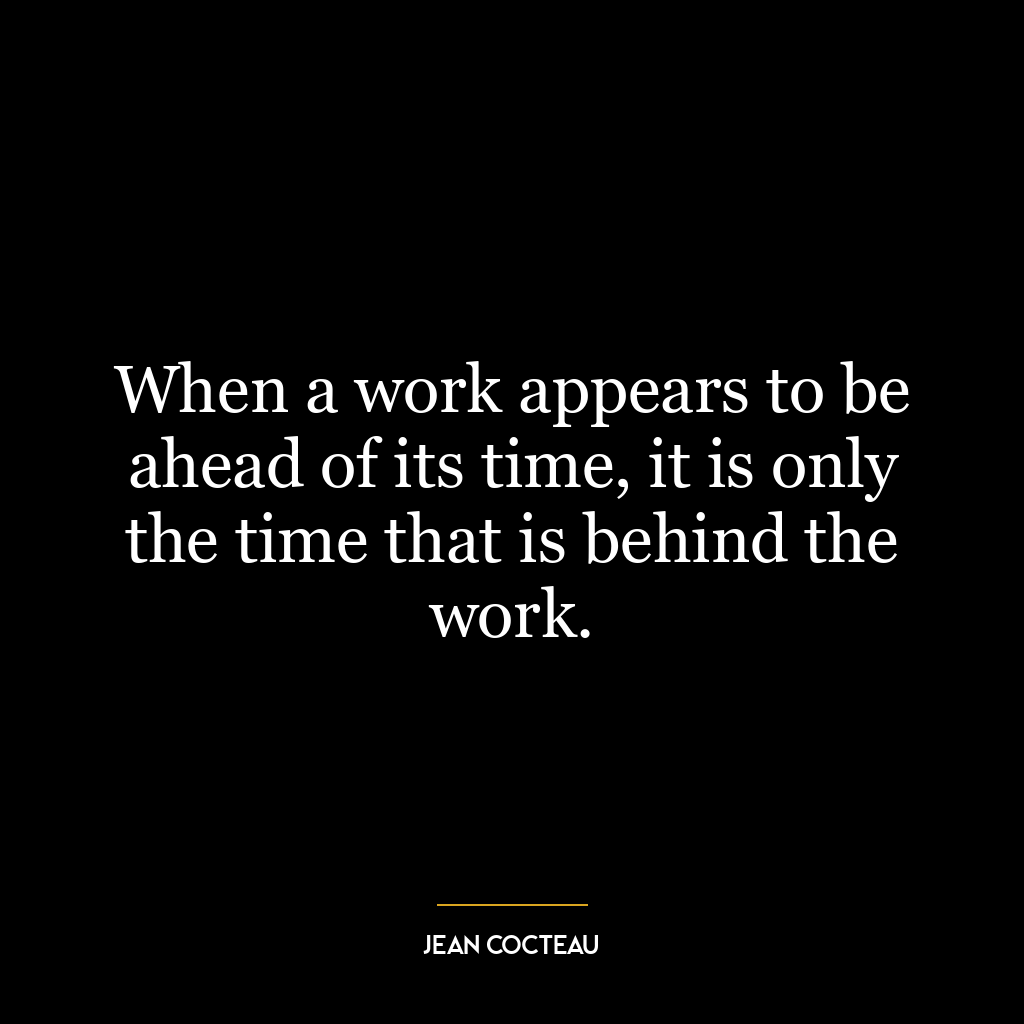He is no clown that drives the plow, but he that doth clownish things.
This quote, “He is no clown that drives the plow, but he that doth clownish things,” reflects the idea that a person’s worth or character is not determined by the work they do or the position they hold, but by their actions and behavior. In this context, Benjamin Franklin uses the term ‘clown’ to represent someone who is foolish or lacking in judgement.
The first part of the quote, “He is no clown that drives the plow,” suggests that a person who does manual labor (in this case, driving a plow) is not automatically a fool or less valuable because of their work. The second part, “but he that doth clownish things,” implies that foolishness is shown through actions, not occupations. Thus, a person is defined by how they behave, not by what they do for a living.
In today’s world, this concept is still very relevant. In the context of personal development, it encourages us to judge ourselves and others based on actions and behaviors, rather than job titles or professions. It reminds us that dignity can be found in all types of work and that everyone, regardless of their job, has the capacity for wisdom or foolishness.
For example, a CEO of a company might be respected because of their high-ranking position, but if they make poor decisions or act irresponsibly, their actions reveal them to be the ‘clown’. Conversely, an individual working in a less prestigious job, like a janitor or a bus driver, might be overlooked or underestimated. However, if they act with integrity, wisdom, and kindness, they prove themselves to be wise and valuable.
This quote could be a reminder to focus on personal growth, self-improvement, and moral integrity rather than seeking validation from external factors such as job titles or societal status. It emphasizes the importance of actions in defining our character and encourages us to strive for wisdom in our behavior.















